Olaparib Recommended for European Approval for Patients with High-Risk Early Breast Cancer
The European Medicines Agency’s Committee for Medicinal Products in Human Use recommended the approval of olaparib as an adjuvant treatment for patients with high-risk HER2-negative early breast cancer with germline BRCA mutations, according to a press release issued by the drug’s manufacturer.
The committee based its recommendations on the results of the phase 3 OlympiA trial, which were published in The New England Journal of Medicine. Compared with placebo, treatment with olaparib led to a 42% reduction in the risk for invasive breast cancer recurrence, new cancer, or death (HR = 0.58; 95% CI, 0.41-0.82; P < .0001).
Olaparib is also the first PARP inhibitor to demonstrate a significant overall survival improvement for patients with early breast cancer. In the OlympiA trial, olaparib receipt was associated with a 32% reduction in the risk of death (HR = 0.68; 95% CI, 0.47-0.97; P = .009).
The FDA approved olaparib for the treatment of patients with high-risk HER2– early breast cancer and germline BRCA mutations in March 2022. It is currently the only approved medication targeting BRCA mutations in the early breast cancer setting.
The committee’s recommendation allows for olaparib to be prescribed both as monotherapy and in combination with endocrine therapy.
“If approved, [olaparib] will become a new targeted treatment option for patients with germline BRCA–mutated HER2– early breast cancer in Europe. By treating patients with curative-intent as early as possible in their disease, we hope to avoid life-threatening recurrence and give people more time with their loved ones,” Susan Galbraith, MB BChir, PhD, executive vice president of oncology research and development at AstraZeneca said in the release.
--
Reference:
https://www.astrazeneca.com/media-centre/press-releases/2022/lynparza-recommended-in-eu-for-early-breast-cancer.html
Disclosures: MD /alert could not confirm financial disclosures at the time of reporting. This study was supported by grants from the National Cancer Institute and by funding from AstraZeneca and Merck.
Photo Credit: Getty Images.
By Cameron Kelsall, MD /alert Contributor
.jpg)


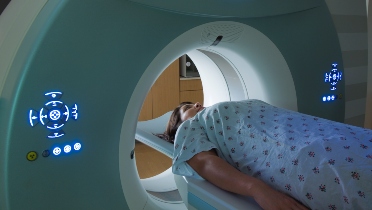



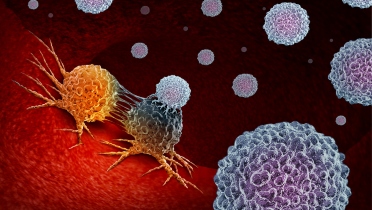

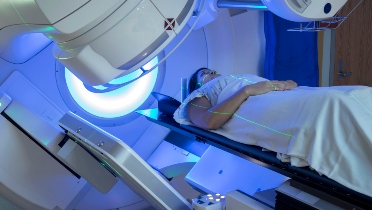








.jpg)
.jpg)
.jpg)
.jpg)
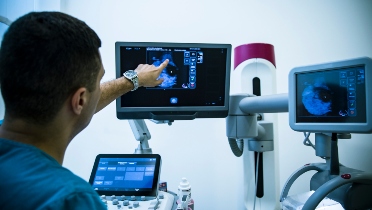

.jpg)
.jpg)

.jpg)
.jpg)
.jpg)
.jpg)
.jpg)
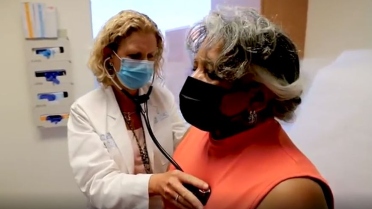

.jpg)
.jpg)
.jpg)
.jpg)
.jpg)
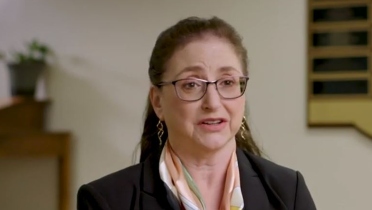

.jpg)


.jpg)
.jpg)
.jpg)

.jpg)

.jpg)
.jpg)
.jpg)

.jpg)
.jpg)

.jpg)


.jpg)
.jpg)
.jpg)

.jpg)
.jpg)
.jpg)
.jpg)
.jpg)
.jpg)
.jpg)
.jpg)
.jpg)
.jpg)
.jpg)


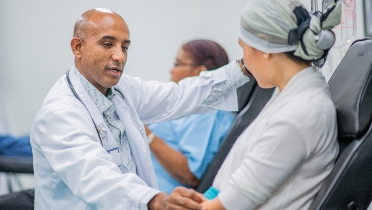
.jpg)
_.jpg)
.jpg)
.jpg)
.jpg)
.jpg)
.jpg)
.jpg)


.jpg)
.jpg)
.jpg)
.jpg)

.jpg)
.jpg)
.jpg)
.jpg)

.jpg)
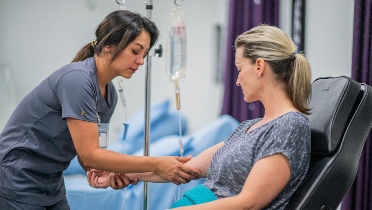
.jpg)
.jpg)
.jpg)
.jpg)
.jpg)
.jpg)
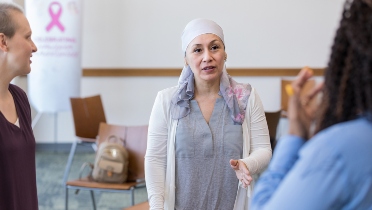

.jpg)


.jpg)
.jpg)

.jpg)
.jpg)
.jpg)
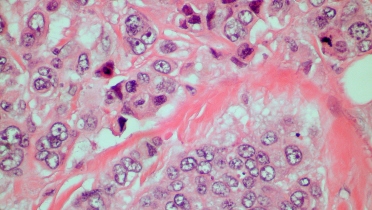
.jpg)
.jpg)
.jpg)
.jpg)
.jpg)
.jpg)
.jpg)
.jpg)
.jpg)
.jpg)
 Featured Breast Cancer Videos
Featured Breast Cancer Videos.jpg)